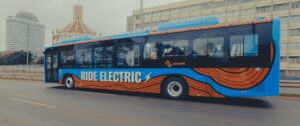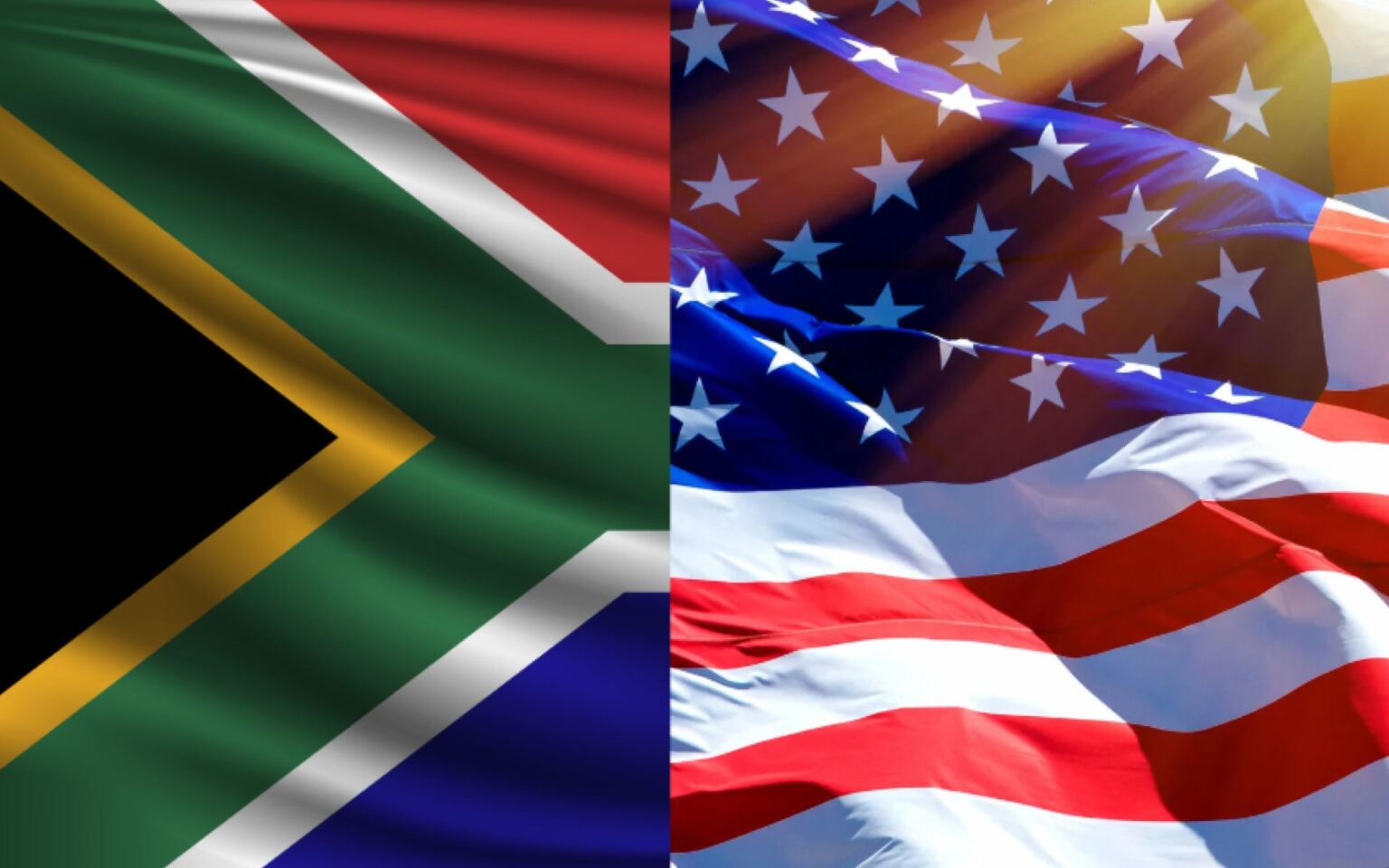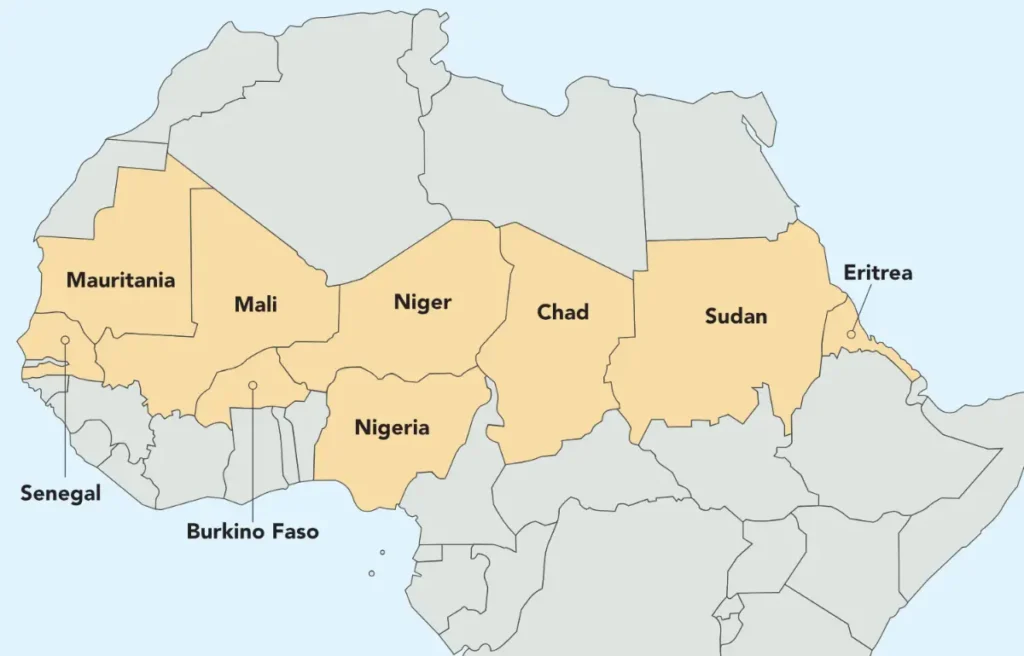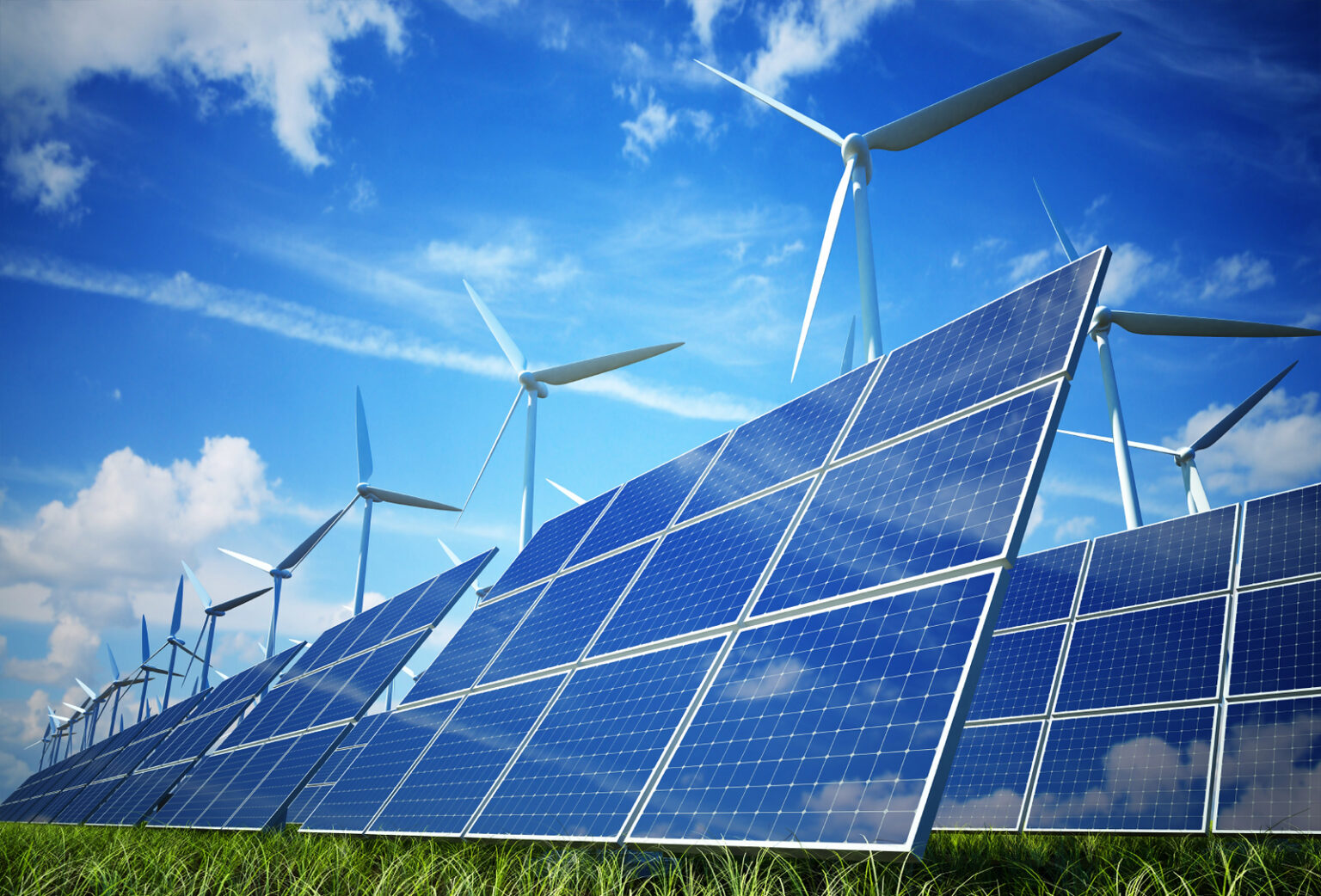- ‘Perfect storm’ in South Sudan demands urgent action – UN
- Kenya’s green gold rush that clean energy investors can’t ignore
- Mining diplomacy: Will the US exploit DRC’s critical minerals?
- Zoned for impact: How a cross-border Special Economic Zone is powering Africa’s green switch
- AIM Congress 2025: UAE’s tolerance conference aims to fix a fractured world
- AfDB’s $10Bn lifeline: Can smallholder farmers finally escape poverty?
- Juba on edge: Is South Sudan the next failed state?
- Kakuzi PLC slips into the red after Red Sea crisis, forex losses
Author: Opinion
- Africa will eventually rely primarily on renewable energy, as much of the rest of the world strives to — but on its own timetable.
- To achieve a carbon neutral future, African nations must have the underlying infrastructure and industry to make the dominance of renewables possible.
- But as things currently stand, most African states lack said infrastructure and industry.
There’s a promising future for African renewables as the continent strives to balance its current reliance on fossil fuels. That’s the prediction of the African Energy Chamber’s 2025 Outlook Report on the State of African Energy.
As I have said before, Africa will eventually rely primarily on renewable energy, as much of the rest of the world strives to — but on its own timetable, not that of Western countries who have benefited for centuries from the exploitation of fossil fuels.
To achieve a carbon neutral future, African nations must have …
- Beyond physical infrastructure, Africa’s integration requires modern software upgrades: the systems, policies, and institutional frameworks that power trade across borders.
- By positioning economic transformation at the heart of our integration agenda, Africa can advance up the value chain to generate wealth.
- By effectively mobilizing our own resources first, driving economic transformation, and building both the required software and hardware, we can successfully integrate Africa.
Ask any traveler about their experience moving across parts of Africa, and you will likely hear about familiar challenges: high costs, indirect routes, and unpredictable schedules that can make even the simplest journeys more complicated and costly. These travel hurdles highlight the immense opportunity to further strengthen Africa’s integration and unlock seamless connectivity across the continent.
The potential is undeniable. According to the World Bank, the African Continental Free Trade Area (AfCFTA) stands to be the world’s largest free trade zone, encompassing 1.4 billion people and …
- Since 1960, more than $2.6 trillion has been pumped into Africa in the form of aid.
- From 1970 and 1998, when aid was at its peak, poverty actually rose alarmingly—from 11% to 66%—due in large part to this massive influx of foreign aid that counteracted its intended good.
- Aid decreased long-term economic growth by fuelling systemic corruption, in which powerful aid recipients funnelled foreign funds into a personal stash instead of public investment.
After President Trump announced a 90-day overseas spending freeze, Secretary of State Marco Rubio said “every dollar” must be “justified” by evidence that it makes the US safer, stronger and more prosperous. I acknowledge that stance may sound ungrateful. At first blush, many might counter that starving people have no agenda. Destitute parents still need to feed their children. Turning a blind eye to their plight is inhumane.
Let me explain why the African Energy Chamber (AEC) …
- Existing programs like the African Growth and Opportunity Act (AGOA) are under review, with a shift toward enforcing stricter reciprocity.
- USAID, traditionally a key player in U.S. humanitarian and development efforts, is being dismantled and merged into the State Department.
- Stricter visa policies and a reduction in refugee resettlement quotas directly impact African nations.
With the new Trump administration taking shape, its foreign policy direction for Africa is becoming increasingly evident. Guided by the “America First” principle, this strategy prioritizes American interests through pragmatic diplomacy, targeted partnerships, and a focus on security and economic priorities.
Below is a detailed exploration of the policy directions and their implications for U.S.-Africa relations, updated to reflect the latest developments.
Pragmatic Diplomacy and Economic Engagement
The “America First” strategy emphasizes partnerships that yield mutual benefits for American investments and strategic interests. African nations with significant economic or geopolitical advantages are likely to attract …
- Through partnerships, innovative incentives, and public-focused investments, the Sahel can close the energy gap and bridge the rural-urban divide.
- Based on the region’s potential, UNDP is implementing the UN Integrated Strategy for the Sahel (UNISS), aiming to provide clean, affordable energy to over 150 million people by 2025.
- The Sahel has one of the highest potential for solar energy production globally, at 13.9 billion kWh/year compared to the global consumption of 20 billion kWh/year.
Imagine a Sahel region where every household, school, and hospital has access to clean, affordable energy—where renewable power not only serves homes but also drives economic transformation. Given the region’s rich solar, wind, and hydro resources, this vision is achievable.
With one of the highest potential for solar energy production globally, at 13.9 billion kWh/year compared to the global consumption of 20 billion kWh/year, the Sahel’s renewable energy capacity remains underutilised. Currently, over 55 …
- In developing countries, fintechs are particularly responsible for social impact as there are often wider gaps to fill.
- Fintechs have the power to do good, but for a company to label itself ‘for good,’ this must be a key business priority.
- However, when it comes to dealing with investors and board members, fintech leaders must balance their social impact ambitions with profitability, useability and affordability.
Positive social impact is often only associated with governments or NGOs, organisations which are doing good without the motivation of profit or brand. However, fintechs are oftentimes uniquely positioned to solve social issues through providing access to services, improved user experience and education.
Using various fintech products, consumers can gain a better understanding of their financial situation. Products like savings pots, investment platforms and as well access to loans can all lead to financial freedom for those without it.
In developing countries, fintechs are particularly …
- Mission 300 will invest in new and rehabilitation of generation capacity, transmission systems, including intra- and regional interconnections, as well as distribution grids to build robust and reliable power systems.
- It will be complemented by reforms in the energy sector to ensure affordability and sustainability of electricity service, and financially viable utilities.
Across Africa, nearly 600 million people live in energy poverty, deprived of reliable access to electricity—a fundamental prerequisite for modern life. This staggering statistic represents more than just a lack of power. Significantly, it translates to limited opportunities for education, healthcare, gender equality, and economic growth.
Mission 300, a bold initiative championed by the African Development Bank Group and the World Bank Group in collaboration with key partners, seeks to change this narrative by providing first time electricity access to 300 million Africans by 2030. A key milestone in this effort, branded Mission 300, is the Africa …
- North Africa already has the requisite abundant natural resources and developing infrastructure to support a massive expansion in green hydrogen production.
- The region boasts some of the highest solar irradiation levels globally, making it an ideal location for solar-powered hydrogen production.
- Countries like Morocco and Egypt have already initiated projects like the Noor Ouarzazate Solar Thermal Complex and the Benban Solar Complex, respectively, which could serve as the backbone for the industry.
While much of our attention at the African Energy Chamber (AEC) concentrates on efforts to industrialize the sub-Saharan regions, as covered in our recently released 2025 Outlook Report, The State of African Energy, the more developed North African nations have seen recent progress in the renewables field, in green hydrogen specifically, that deserves our recognition.
Many are likely unfamiliar with the technology behind the production of this fuel source, and the subject requires at least a brief explanation.…
- At the current pace of electrification amid rising population, the number of people without electricity in Africa will remain unchanged unless bold action is rolled out.
- In response to this urgent need, the AfDB Group, the World Bank, and other partners have launched Mission 300, a plan that aims to provide electricity access to 300 million Africans by 2030.
- The plan focuses on accelerating electrification through a mix of grid extensions and distributed renewable energy solutions, such as mini-grids and stand-alone solar home systems.
Across Africa, the sunlight shines bright and natural resources abound. Yet despite that lies a pressing issue that threatens to stifle the continent’s growth and prosperity: the lack of access to reliable and sustainable electricity. As we prepare for the Africa Energy Summit, taking place on January 27-28, 2025, in Dar es Salaam, Tanzania, the urgency of addressing Africa’s energy needs cannot be overstated.
Without …
- So far, South Africa and Senegal are the only African countries to have agreed to a Just Energy Transition Partnerships (JETP), with South Africa securing a deal for $8.5 billion, while Senegal secured one for $2.7 billion.
- How South Africa and Senegal intend to leverage these deals differ drastically, however, as do their power generation circumstances.
- Currently, coal continues to dominate South Africa’s energy portfolio, at over 80 per cent of the country’s power generation mix.
Just Energy Transition Partnerships (JETP) have been introduced in recent years to provide financial support to developing nations as they transition away from fossil fuels. In 2021, during the 26th UN Climate Change Conference of the Parties (COP26), South Africa became the first nation to sign such a deal. Senegal and the International Partners Group (IGP) signed a JETP in June 2023.
I have said before that the best way for Western countries, and …














